Come aboard with Centrale Nantes for the MER XXL
Practical Information
(Nantes Exhibition Centre)
Parc des expositions de la Beaujoire
Route de Saint Joseph de Porterie
Register for the Sem-Rev offshore site visit: free of charge - limited places available
Parc des expositions de la Beaujoire
Route de Saint Joseph de Porterie
Opening times:
- Friday and Saturday from 10.00 am to 10.00 pm
- Monday to Thursday and Sunday 10.00 am to 7.00 pm
Ticket prices
- One-day ticket: € 15
- Family (2 adults + 2 children from 3 to 12 years old): €44 - and €8 for each extra child
- Early bird tickets: €8, €10 and €12 (while stocks last)
- Reductions CE / group / student / jobseekers: €12
- Free of charge for the diasbled and chilren under 3 years old
Register for the Sem-Rev offshore site visit: free of charge - limited places available
Mer XXL at a glance
- 12 days of exhibition, and three evenings
- 120 000 visitors expected
- 66 000m² exhibition area,
- 150 exhibitors







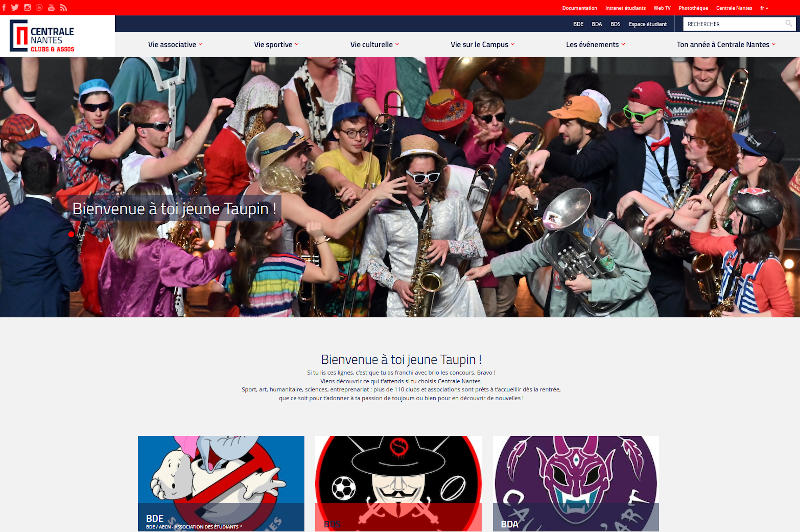

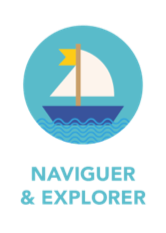 Navigate and explore
Navigate and explore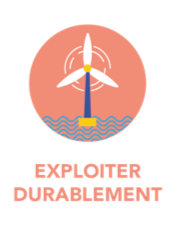 Operate sustainably
Operate sustainably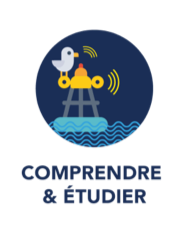 Understand and study
Understand and study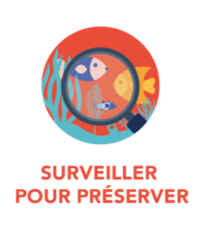 Monitor to preserve
Monitor to preserve